Toyota's Experimental Corolla Has A Hydrogen-Fuelled GR Yaris Engine
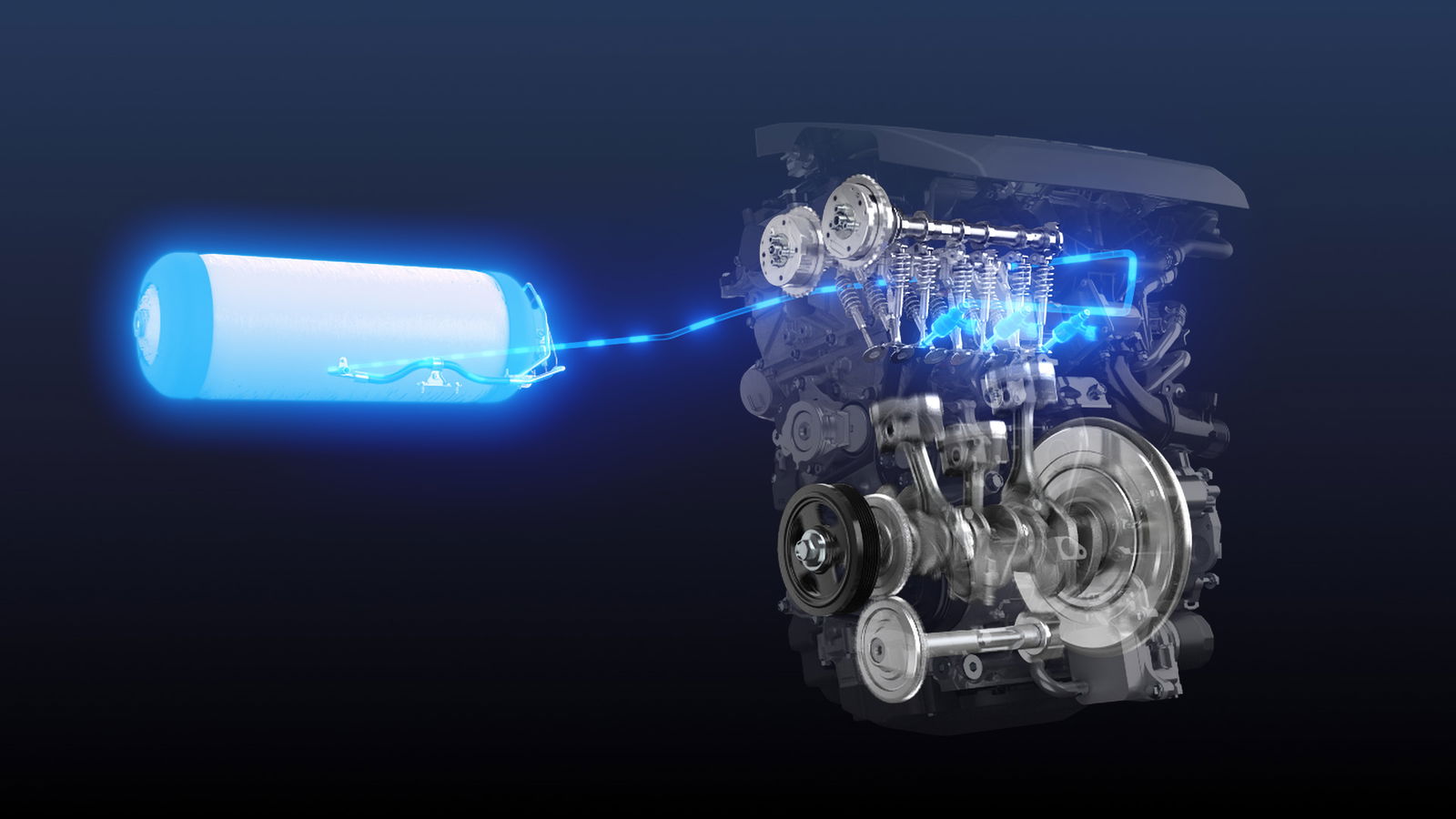
If you want to power a car with hydrogen, a fuel cell is the way to do it. This involves a chemical reaction between hydrogen and oxygen producing electricity, which can then be used to power an electric motor. The jury’s out on the viability of hydrogen fuel cells for the masses, but Toyota is giving it a damn good go with the second generation of the Mirai.
Yes, it’s technically possible to inject it into an internal combustion engine instead of petrol, but the results are fantastically inefficient since hydrogen burns eight times as fast. Which is why Toyota‘s plan to run an ICE hydrogen car at an endurance race of all things has us intrigued.
Said car is a Corolla, which is fitted with the same 1.6-litre inline-three turbo engine and all-wheel drive system from the GR Yaris, giving rumours of a thusly-propelled production version a certain amount of credence. Instead of unleaded, though, the 257bhp triple has been adapted to run solely on the gas ahead of the Fuji Super TEC 24 Hours next month.
At this stage, it’s not clear how Toyota will deal with the Corolla’s hydrogen thirst, but it’s not the only issue the team will have to deal with. Because the hydrogen burns so quickly, it makes heat management an issue. “We will check the balance between how far to push maximum output while maintaining stable combustion,” Gazoo Racing boss Koji Sato said at a press conference this week, adding, “So, we don’t expect that the potential of hydrogen engines will fully be performed.”
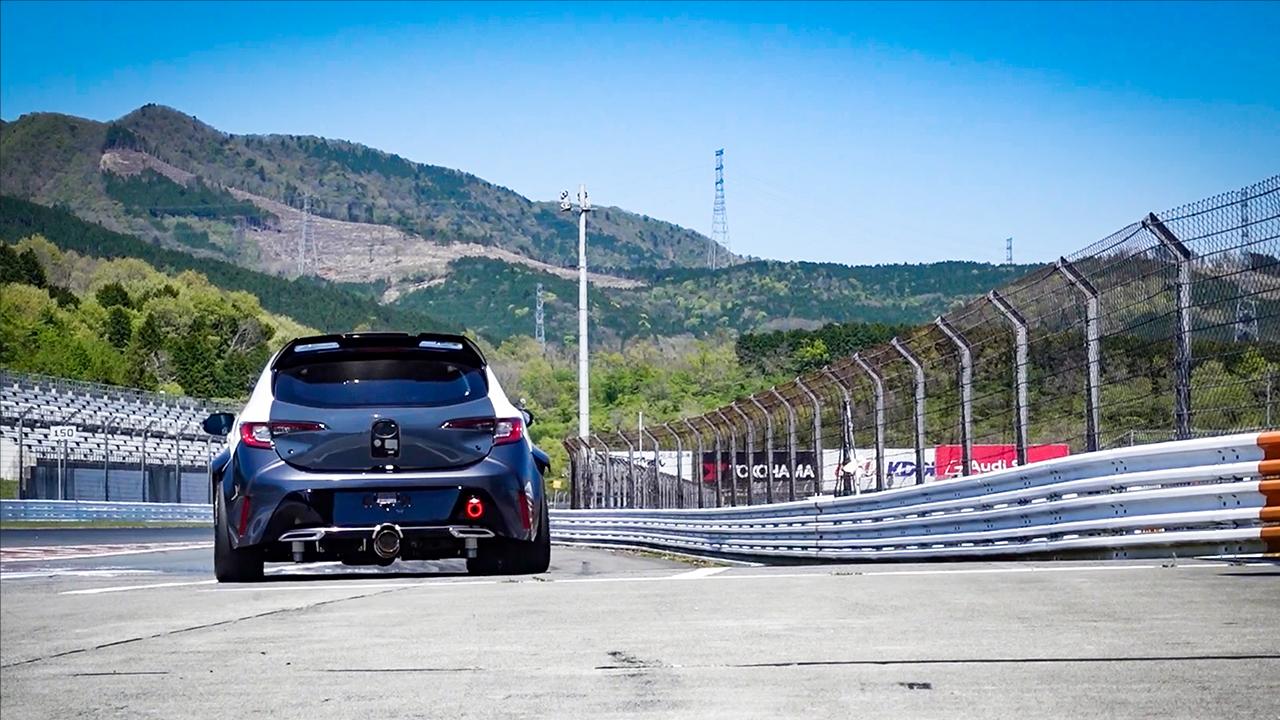
Although those are some pretty big drawbacks, hydrogen does have some huge payoffs. For one thing, because of the more potent burn, responsiveness and low-speed torque can be improved. Secondly, the car will be almost emissions-free - all there is to worry about is a tiny amount of CO2 that’ll be released as some of the engine oil is burnt off, along with some NOx from the hydrogen combustion.
The reason for all this? Toyota president Akio Toyoda, a hardcore petrolhead who races under the pseudonym ‘Morizo’, wants a low emissions future that doesn’t revolve only around electric cars. “We announced our hydrogen engine at this timing because we want to attempt to demonstrate that internal-combustion engines can be useful in achieving carbon neutrality and we want to turn them into a platform that mechanics and private garages, which support motorsports, can use in the future,” he said.

Sato-san, meanwhile, talked about how the Corolla prototype provides, “that ‘car feeling’ that car lovers love, such as through sound and vibration”. Akio Toyoda is said to have been so excited by his first drive late last year, that he immediately insisted the car went racing.
It’s very early days, so it’s hard to tell if this experiment will succeed where others like BMW’s Hydrogen 7 failed. E-fuels are another potential avenue that might preserve combustion engines for motorsport and enthusiast use, but again, it’s too soon to tell how that might play out.
Cross those fingers, folks.
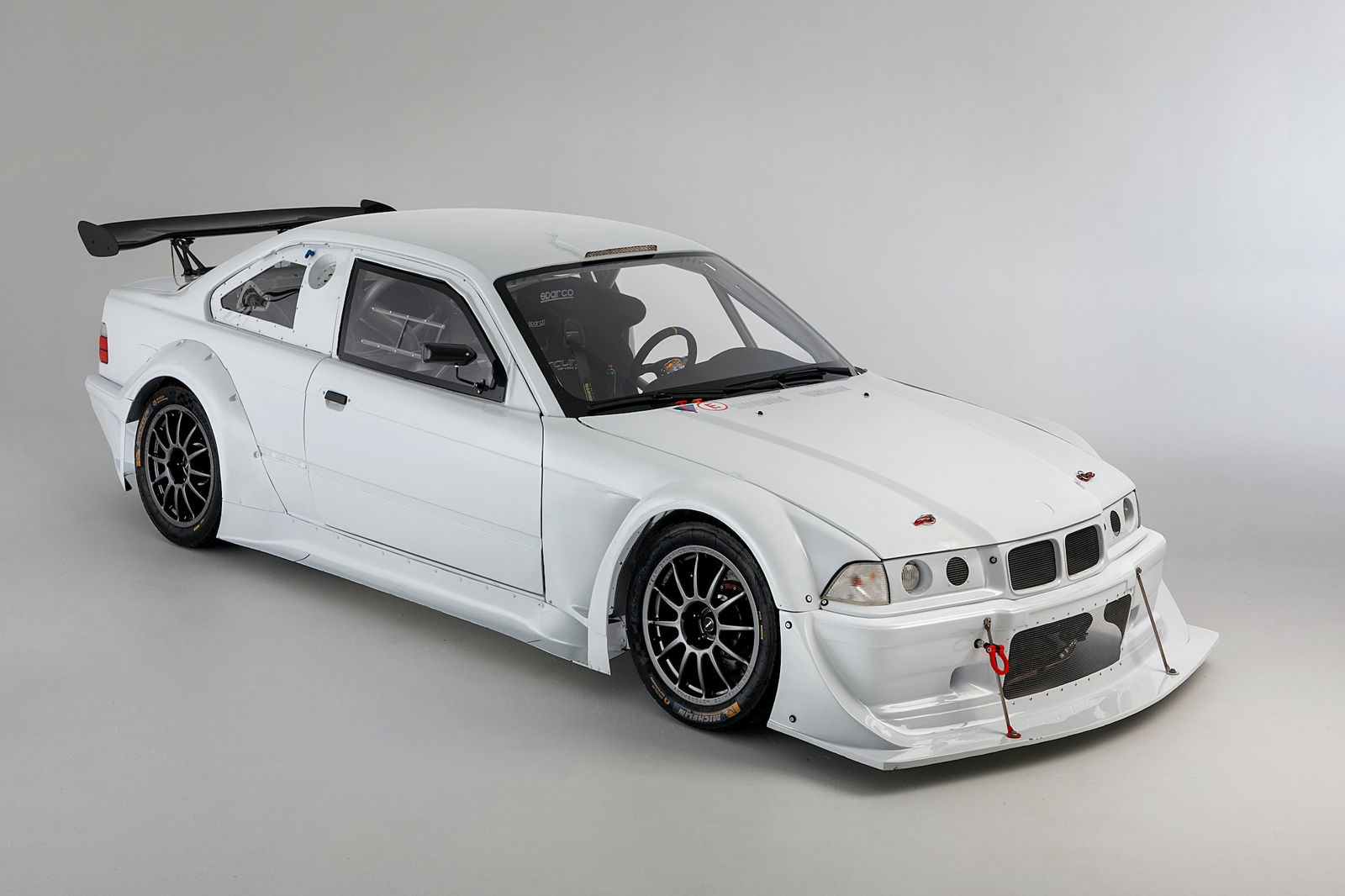
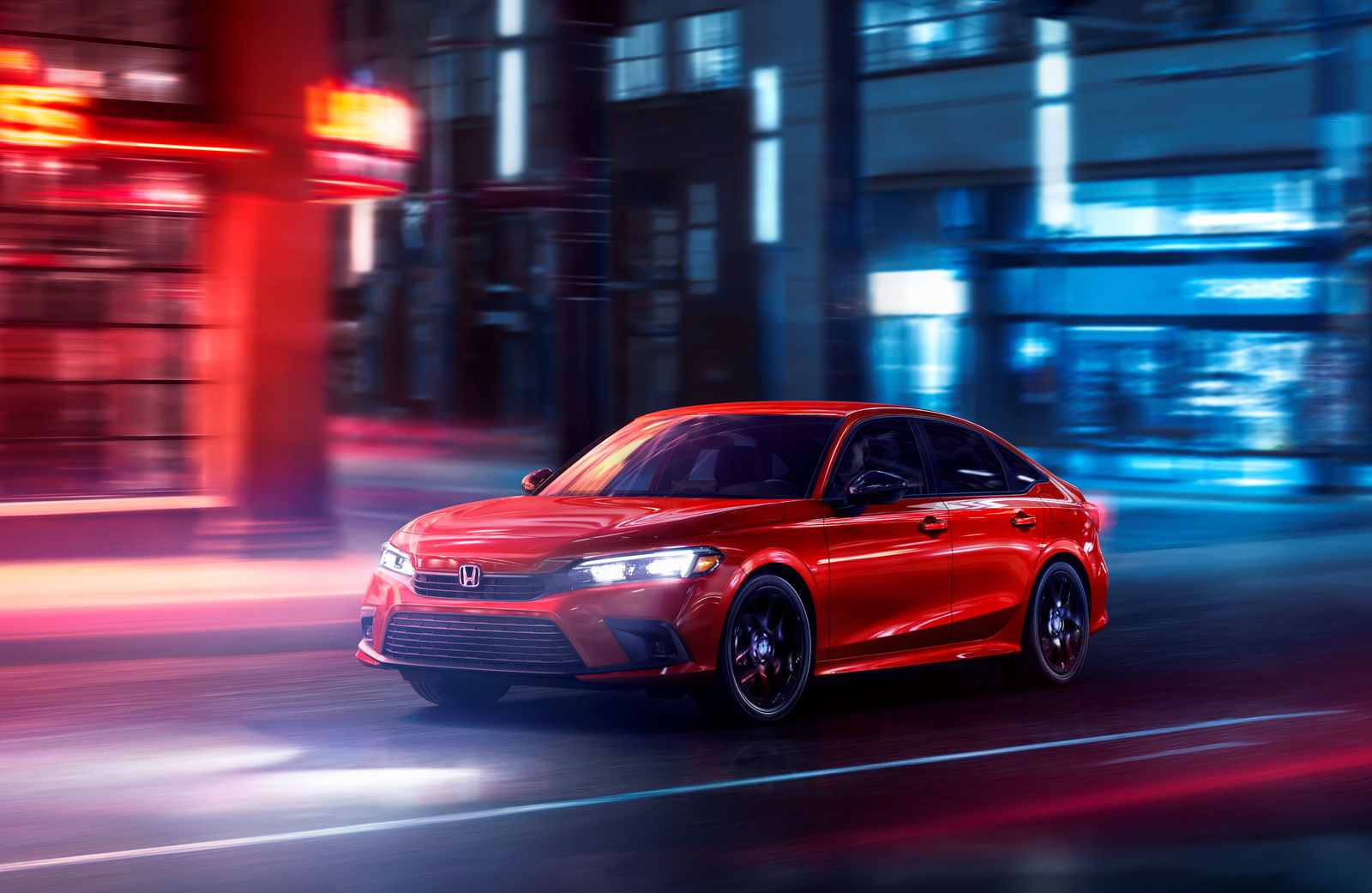


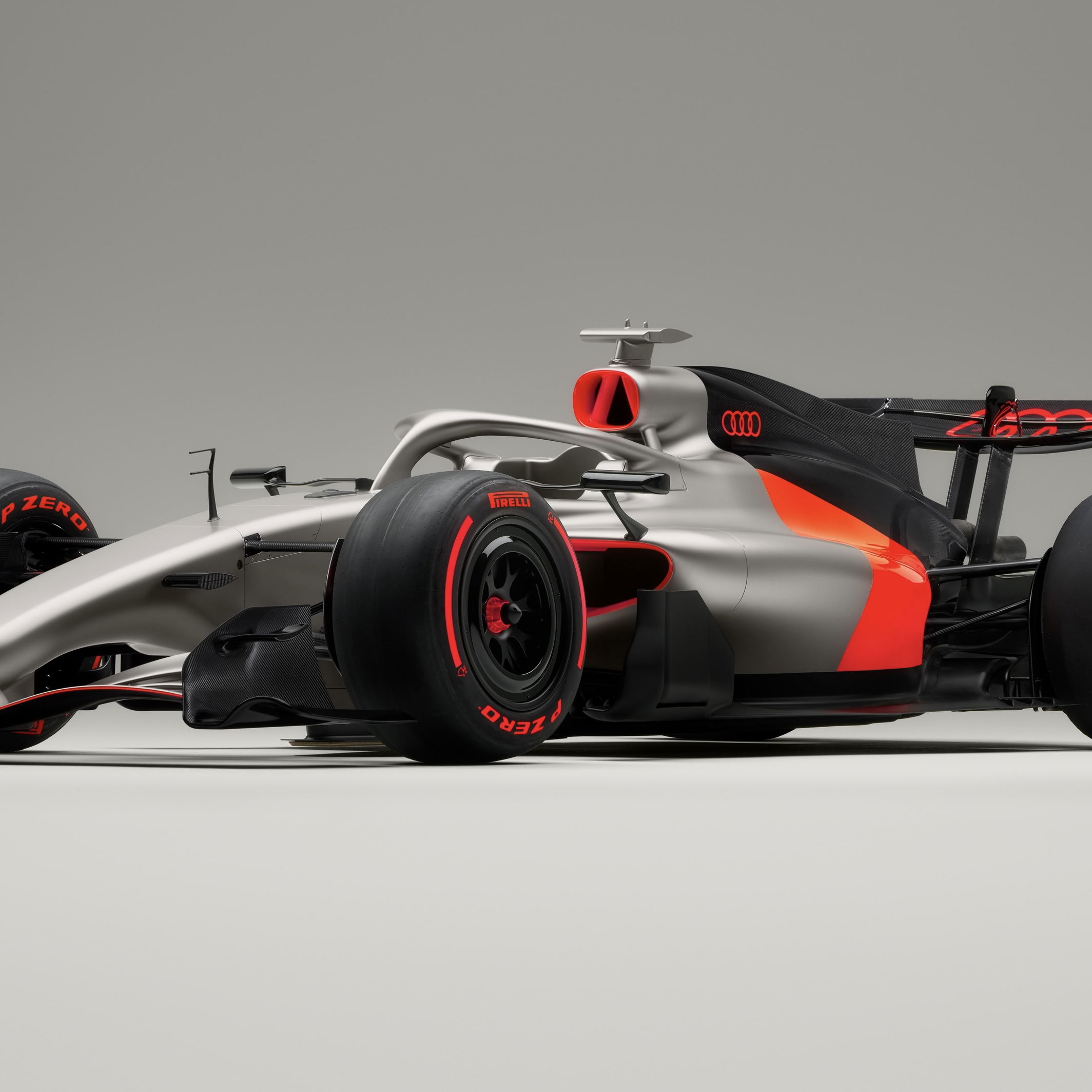

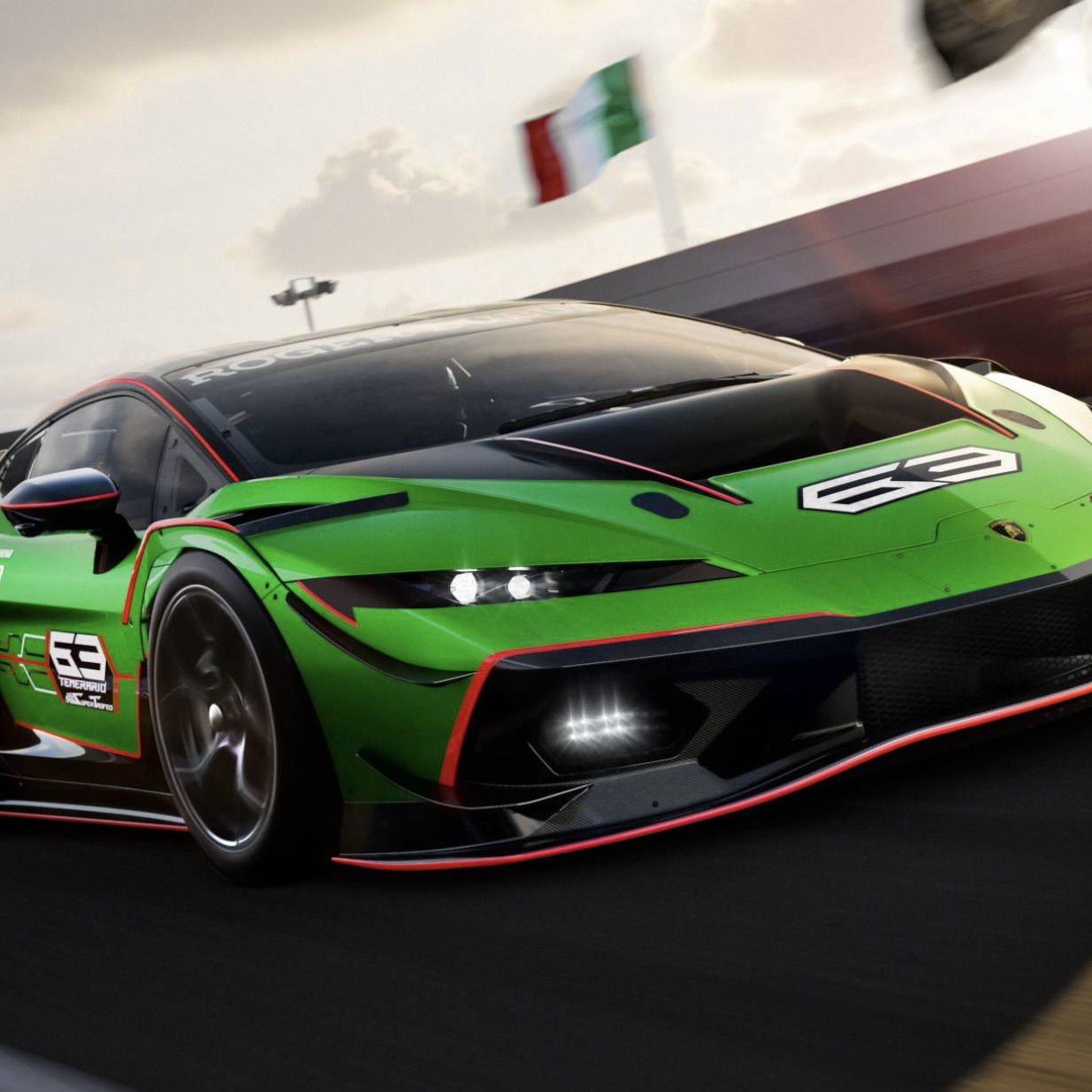


Comments
Interesting approach, but efuels make so much more sense. The volumetric energy density of hydrocarbon fuels is several times higher than even pure liquid hydrogen. The problem is that pure hydrogen is one of the worst ways of storing hydrogen. Even ammonia has a higher amount of hydrogen per liter than pure liquid hydrogen. Not very competitive to race a car that needs a hydrogen fill up after a few laps. Efuels wouldnt have this problem.
Either that or stuff the entire interior space of the car with hydrogen tanks, barely leaving space for a driver.